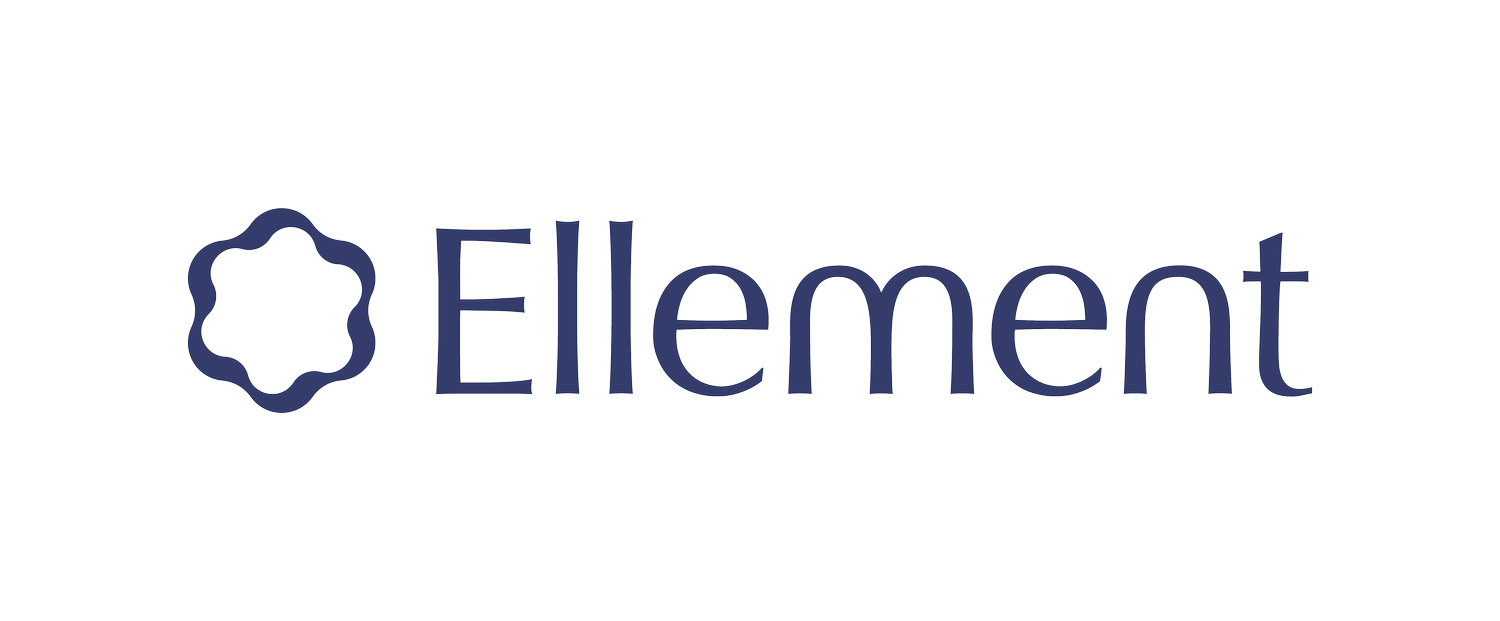Gestational Diabetes (GDM) affects 2%-10% of pregnancies each year.
Source: CDC
GDM FAQs
-
Gestational diabetes, also called Gestational diabetes mellitus (GDM), is a condition that can occur during pregnancy due to hormonal changes that can lead to elevated blood sugar levels.
The condition typically develops around the 24th to 28th weeks of pregnancy and usually resolves after the baby is born. Nonetheless, it does carry certain risks for both the mother and baby.
-
In most cases, gestational diabetes does not cause noticeable symptoms. However, some women may experience increased thirst, frequent urination, fatigue, and recurrent infections. If left untreated, gestational diabetes can pose risks to both the mother and the baby. It can lead to complications during pregnancy and delivery, such as high blood pressure, preeclampsia, and the need for a cesarean section. The baby may be at an increased risk of being larger than average (macrosomia), which can lead to difficulties during delivery and an increased risk of developing obesity and type 2 diabetes later in life.
-
Diagnostic criteria and screening methods for gestational diabetes can vary by country. In the United States, Gestational diabetes is typically diagnosed through a two-step process. Initially, a glucose challenge test (GCT) is performed, where a sweet drink with glucose is consumed, and blood sugar levels are measured after one hour. If the GCT result is high, an oral glucose tolerance test (OGTT) is done. The OGTT involves fasting, consuming a glucose solution, and measuring blood sugar levels at regular intervals over three hours. Diagnostic criteria include specific thresholds for fasting and post-glucose load blood sugar levels. If two or more values meet or exceed these thresholds, gestational diabetes is diagnosed, leading to the implementation of a personalized treatment plan to manage blood sugar levels during pregnancy.
-
Managing gestational diabetes typically involves making dietary changes, maintaining a healthy weight, engaging in regular physical activity, and monitoring blood sugar levels. In some cases, insulin or other medications may be necessary to control blood sugar levels. Close monitoring by healthcare professionals is important to ensure the well-being of both the mother and the baby.
After delivery, blood sugar levels usually return to normal, but women who have had gestational diabetes have an increased risk of developing type 2 diabetes later in life. Therefore, it is recommended to undergo postpartum screening and adopt a healthy lifestyle to reduce the risk of developing diabetes in the future.
-
While a healthy and balanced diet is the primary approach for managing gestational diabetes, there is some clinical evidence that supplements may offer additional support. Omega-3 fatty acids, particularly DHA and EPA, have been associated with improved insulin sensitivity and reduced risk of gestational diabetes (Source: The efficacy of omega-3 fatty acid for gestational diabetes: a meta-analysis of randomized controlled trials, 2019). Vitamin D may also play a role in insulin sensitivity with studies indicating a potential link between low vitamin D levels and an increased risk of gestational diabetes (Source: The effect of vitamin D supplementation on gestational diabetes in high-risk women, 2016).
How Does Ellement Approach Gestational Diabetes Management?
Proactive risk reduction
While it is not possible to guarantee the prevention of Gestational Diabetes, Ellement promotes a healthy lifestyle by providing nutritional education best practices throughout preconception and pregnancy and including comprehensive ingredients within our prenatal supplements that have clinical data associated with reducing the likelihood of Gestational Diabetes.
Research-driven
Ellement is science-backed and designed by medical professionals, focused on the most up-to-date clinical research. Our esteemed medical advisory board consistently and diligently monitors the most recent research and clinical studies to identify specific ingredients to integrate into Ellement’s supplements, ensuring the best possible quality and efficacy for our customers.
Innovation without compromise
Inositol is being considered as an emerging novel intervention for GDM compared to insulin or oral drugs which usually come with side effects (Source: Inositol Supplementation in the Prevention of Gestational Diabetes Mellitus, 2019). Ellement offers the option of including Inositol in daily supplement packets, providing individuals with the opportunity to incorporate this beneficial nutritional supplement into their regimen.



